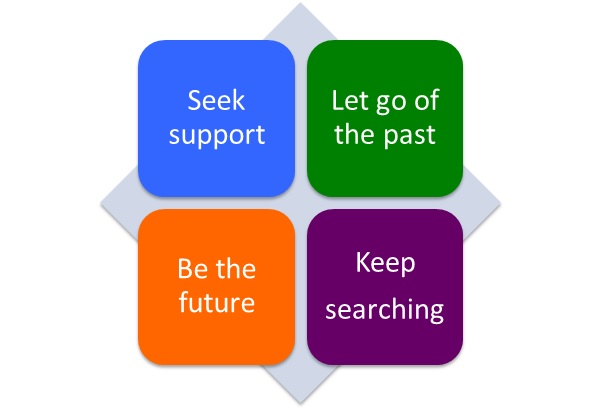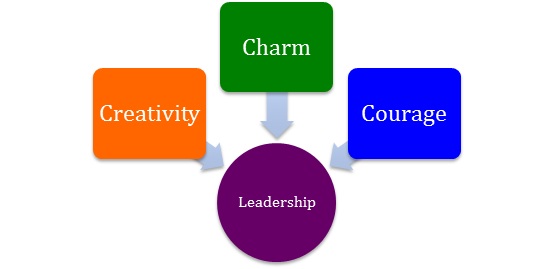Catherine Staite
Leadership is not a sprint – it’s a marathon. You are in it for the long haul and that is why courage is so important.
Maya Angelou argued that courage is the most important of all the virtues because without courage you can’t practice any other virtue consistently and that is certainly evident in the role of chief executive. Not only do you need to keep yourself going through challenging times, you also need to be able to demonstrate courage to your staff and members. If you falter, so will they.
Don’t make the mistake, though, of thinking that you have to go it alone. True, it can be lonely at the top and you can sometimes feel that you should keep your doubts, fears and frustrations to yourself. That’s a big mistake – and so many leaders make it. You are only human – very clever human, but human nonetheless.
Not only do you need support, you also need someone to tell you when you are wrong. If you isolate yourself in your leadership castle, you could be very wrong without knowing it. There’s a saying that ‘a lawyer who acts for himself has a fool for a client’ and that is just as true of chief executives who only take their own advice. You need a critical friend you can turn to, someone who will help you focus, learn from your mistakes and laugh about the sometimes crazy world that you inhabit.
Some chief executives have really strong relationships with their Leaders and each can be a good critical friend to the other. For others, their Leader is the source of many of their troubles. They definitely need to go elsewhere for support.
You need all your energy to be a strong and courageous leader, so don’t waste energy on what you can’t change. Do let go of the past. Only look back to learn from your mistakes, not to wallow in nostalgia for a misremembered past. Times may seem particularly hard –but then they always do when you are living through them. As Heraclitus said, the only thing that is constant is change. I observe the very different ways that chief executives respond to change, from seeing it as a threat to greeting it as an opportunity. The best at using the prevailing challenges of austerity to make the sort of bold changes that would never have been possible in times of plety.
Focus on building a better future for your Council and the people you all serve. To do that you should keep searching for better ways of doing things. Support your staff to do that now and they’ll carry on doing it when you are no longer there. The more talent you can develop in others, the more support you can draw on now and the better the legacy of your leadership.


Catherine Staite is the Director of INLOGOV. She provides consultancy and facilitation to local authorities and their partners, on a wide range of issues including on improving outcomes, efficiency, partnership working, strategic planning and organisational development, including integration of services and functions.
